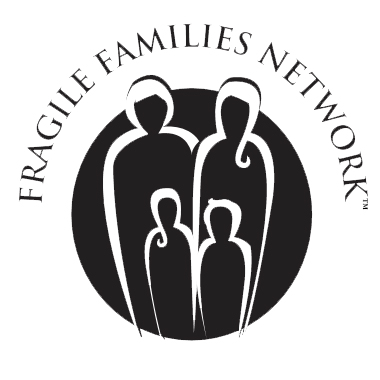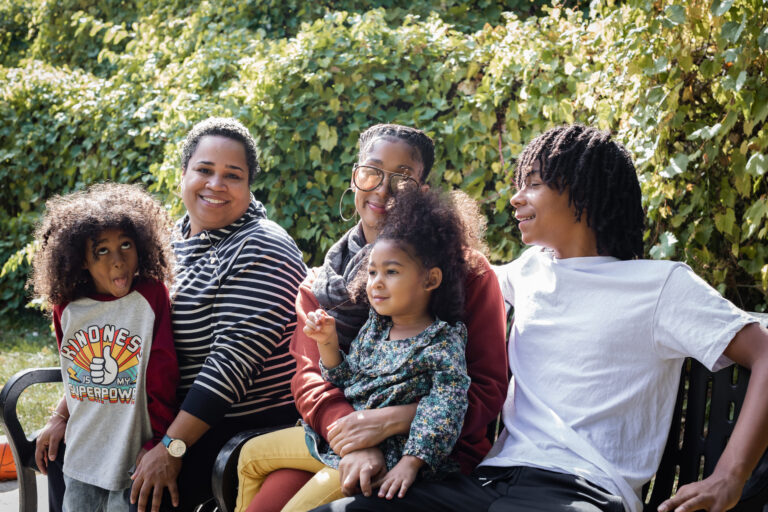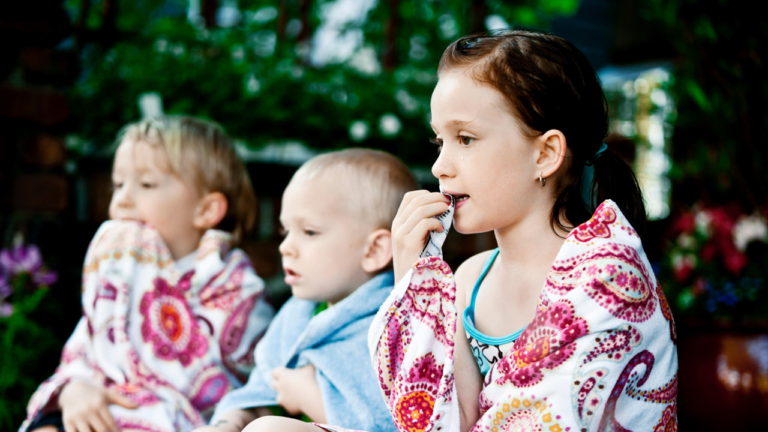Understanding the Unique Needs of Grandfamilies: More Than Just Apples and Oranges

Have you ever tried to compare apples and oranges? It’s a futile exercise, isn’t it? Each fruit has its own distinct flavor, texture, and even purpose. Yet, when it comes to the care of children within the child welfare system, the tendency to lump different family arrangements together—like grandfamilies, foster care, and adoption—can overlook their unique needs and challenges.
A child welfare leader once likened grandfamilies and foster care to apples and oranges. Sure, they both involve caring for children in need, but that’s where the similarities end. Grandfamilies, comprised of relatives—often grandparents—raising children whose parents are unable to, face a spectrum of challenges that differ vastly from those in traditional foster care or adoption.
Understanding the Differences
Let’s break down the differences:
- Family Dynamics: Grandfamilies maintain strong familial bonds, often with complex histories and relationships. Unlike foster care placements, where children may move between homes, grandfamily caregivers step in to provide stability within their extended family network.
- Legal and Custodial Challenges: While foster care and adoption involve formal legal processes, grandfamilies often operate in legal gray areas. Securing custody or guardianship can be a daunting process, affecting their access to vital services and support.
- Financial Strain: Unlike foster parents who may receive stipends, grandfamily caregivers often bear the financial burden themselves. This can strain their resources, impacting their ability to provide adequately for the children in their care.
- Emotional Support Needs: Grandfamilies face unique emotional challenges. They may be navigating their own retirement or health issues while taking on the responsibilities of parenting once more. Emotional support tailored to their needs is essential for their well-being.
- Community and Cultural Context: Many grandfamilies are deeply rooted in their communities and cultural traditions. Support services must acknowledge and respect these cultural nuances to effectively meet their needs.
A Call to Action
It’s time to recognize and address these unique challenges faced by grandfamilies. They deserve specialized services that acknowledge their distinct circumstances and empower them to provide stable, nurturing environments for the children in their care. Here’s how we can make a difference:
- Develop Tailored Support Programs: Health and human service providers must develop programs specifically designed for grandfamilies. These should include legal assistance, financial support, respite care, and access to mental health services tailored to their unique needs.
- Create Grandfamily Peer Support Networks: There’s immense value in connecting grandfamily caregivers with peers who share similar experiences. Peer support groups can provide invaluable emotional support, advice, and solidarity.
- Advocate for Policy Changes: Advocate for policy changes that recognize and support grandfamilies. This includes streamlining legal processes for custody and guardianship, ensuring equitable access to resources, and promoting cultural competence within service delivery.
In conclusion, let’s stop comparing apples and oranges when it comes to grandfamilies, foster care, and adoption. Each caregiving arrangement serves a distinct purpose and faces unique challenges. By acknowledging and addressing the specific needs of grandfamilies, we can better support these caregivers and ensure that children in their care thrive. Together, let’s build a future where grandfamilies receive the recognition and support they deserve.
©2024 Fragile Families NETWORK







